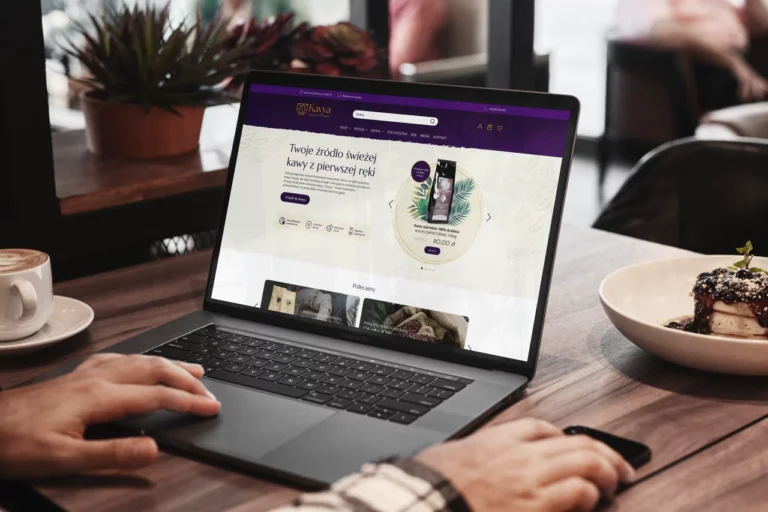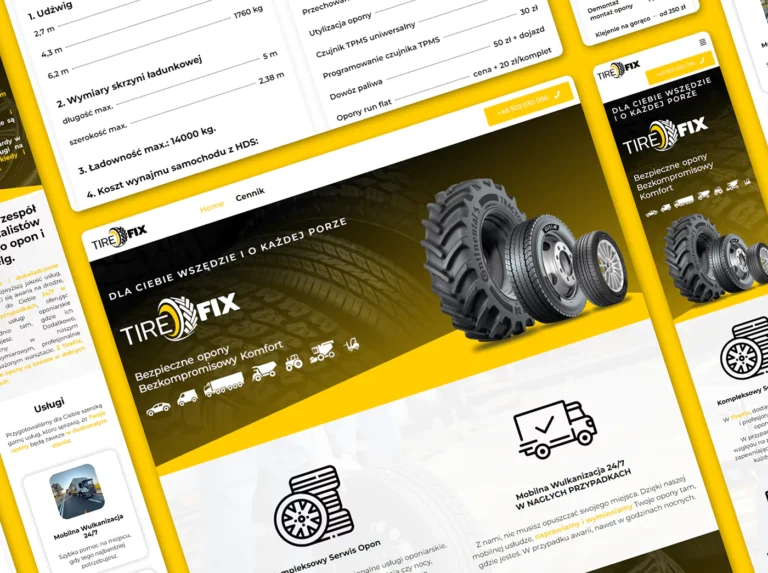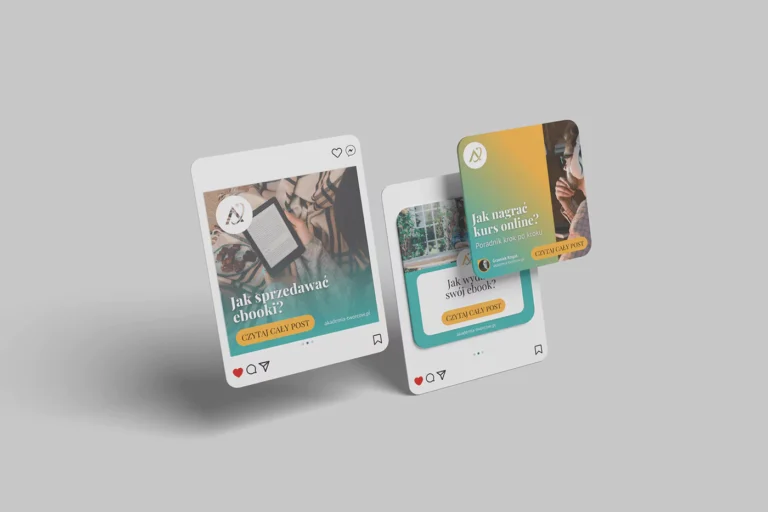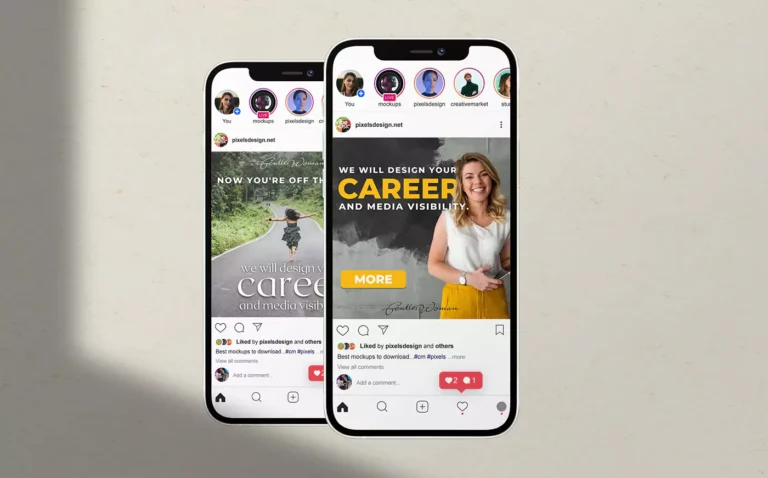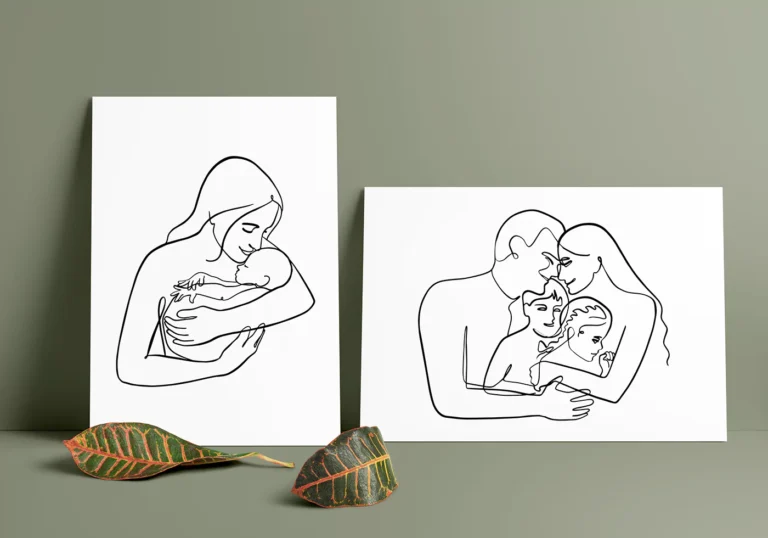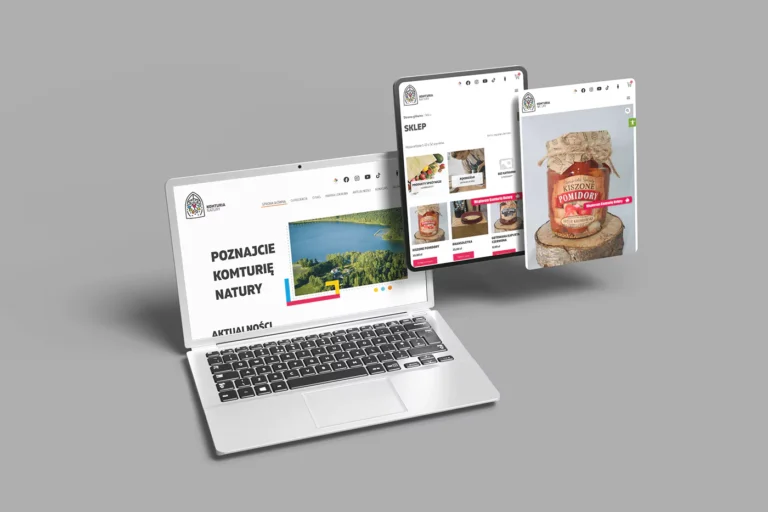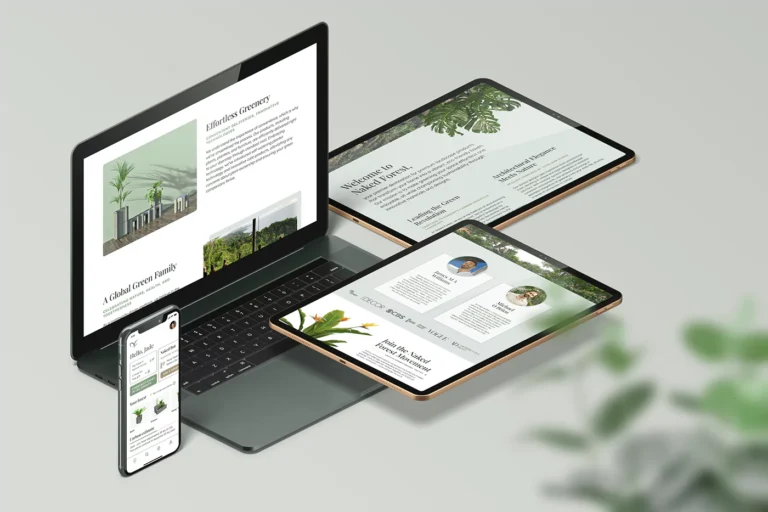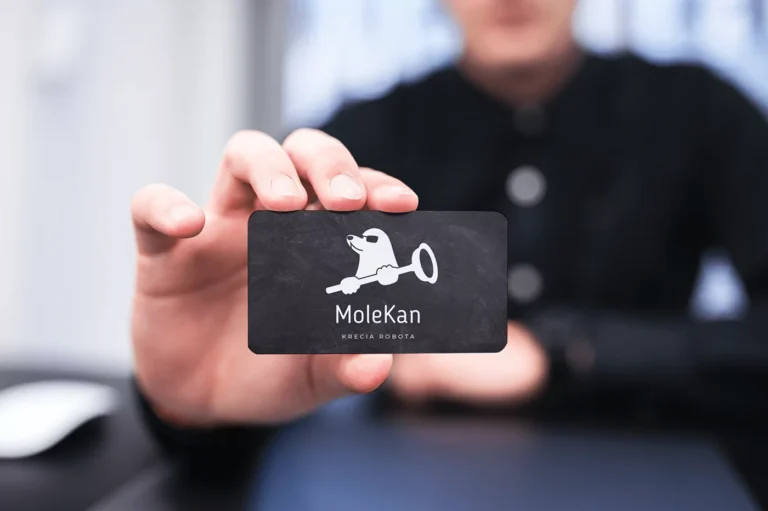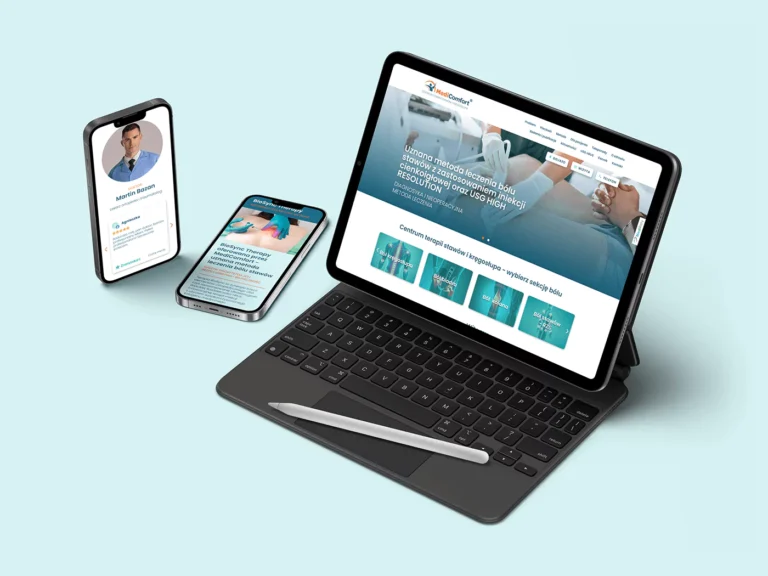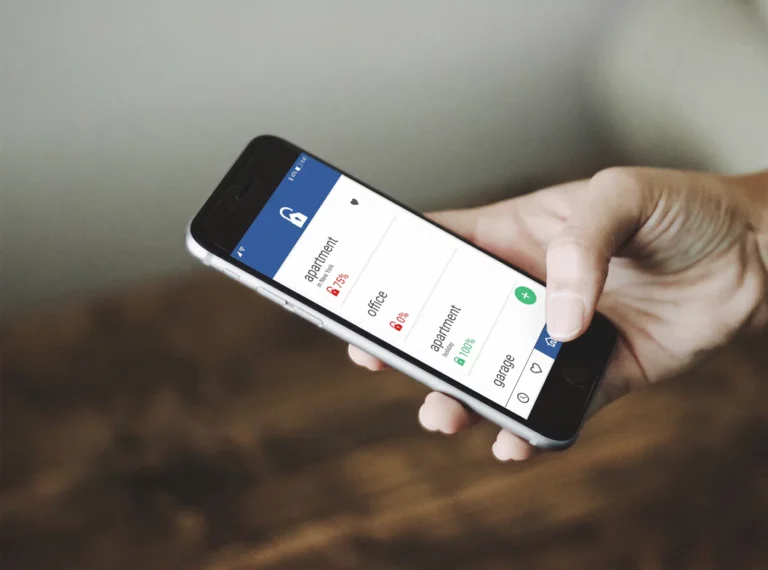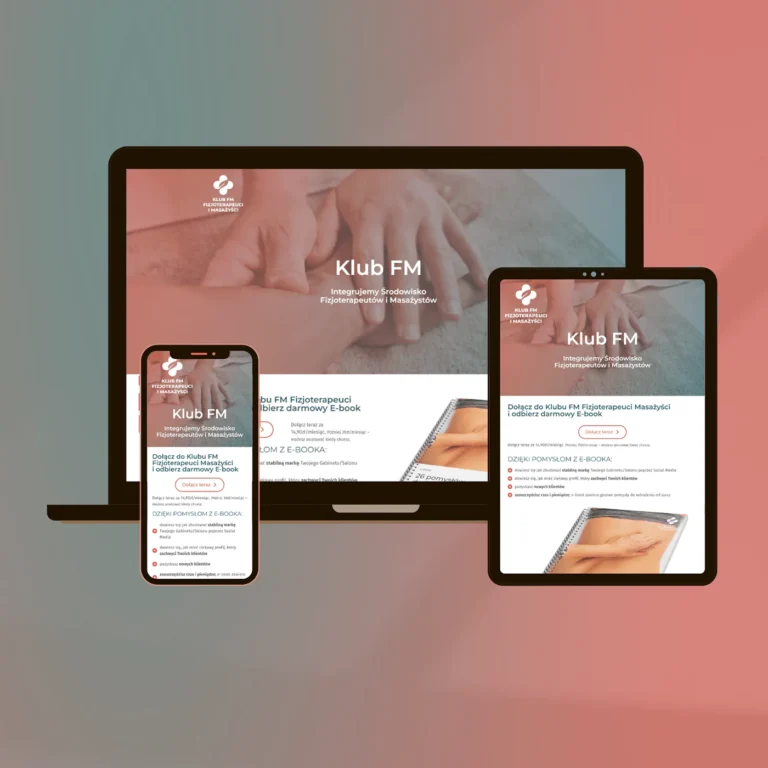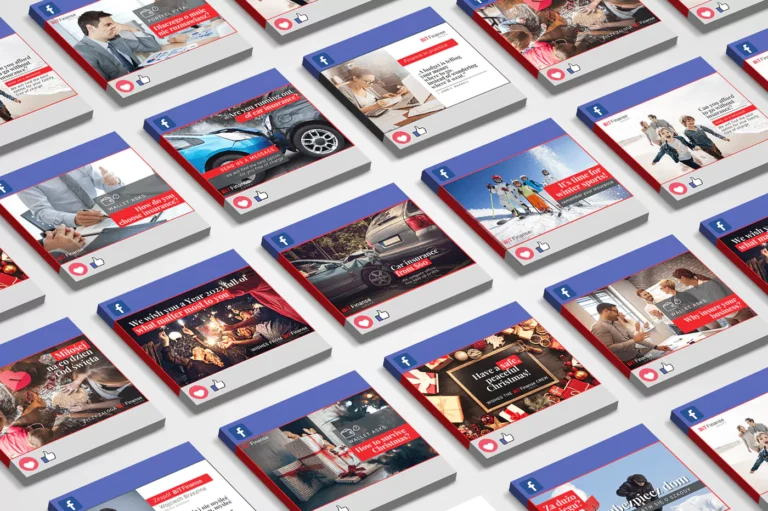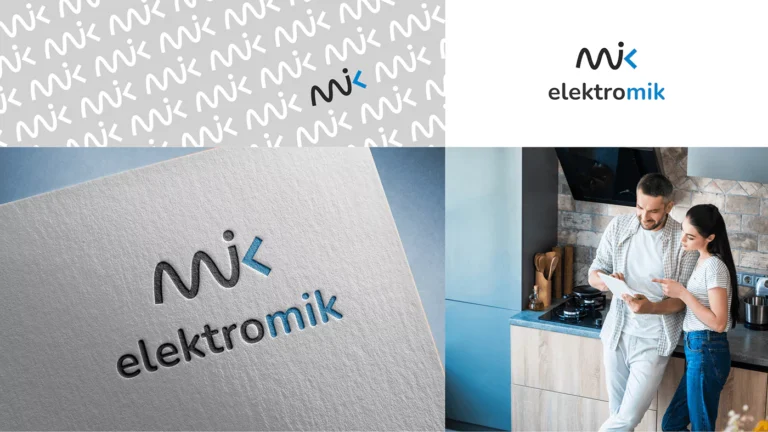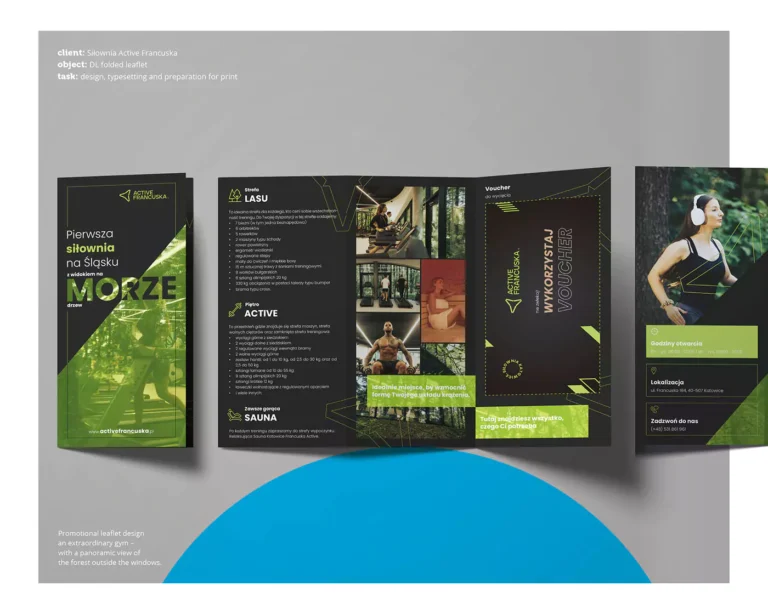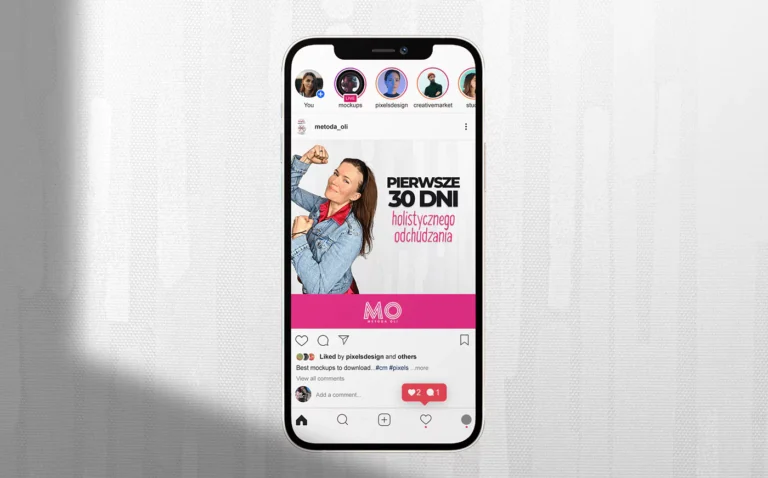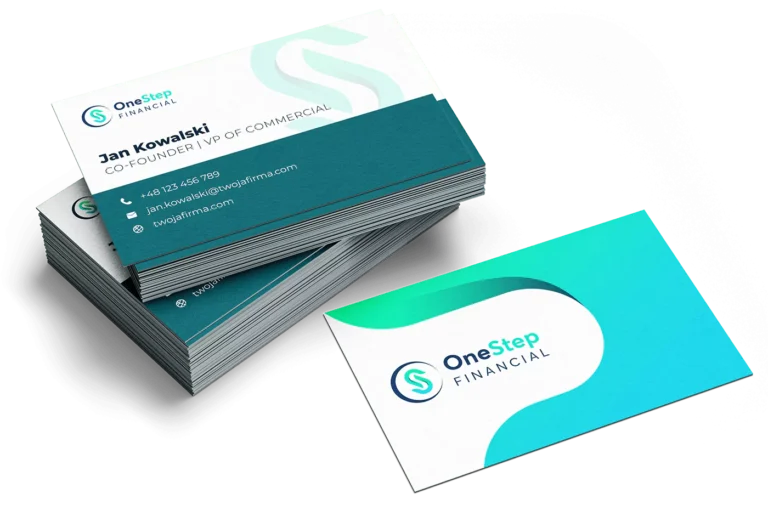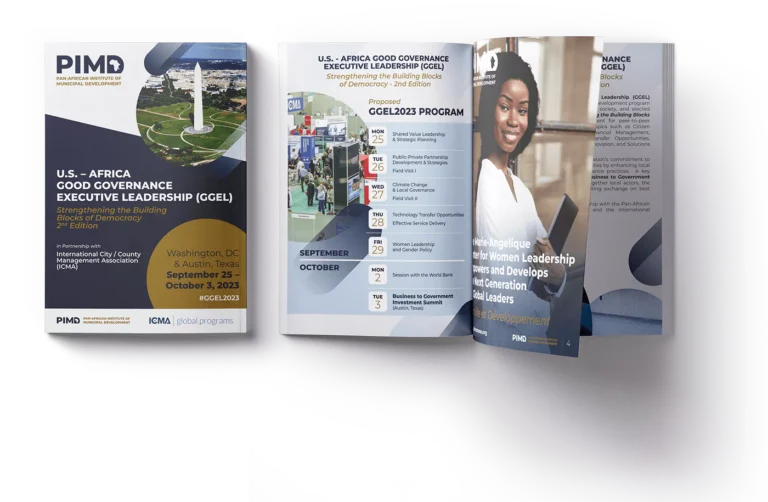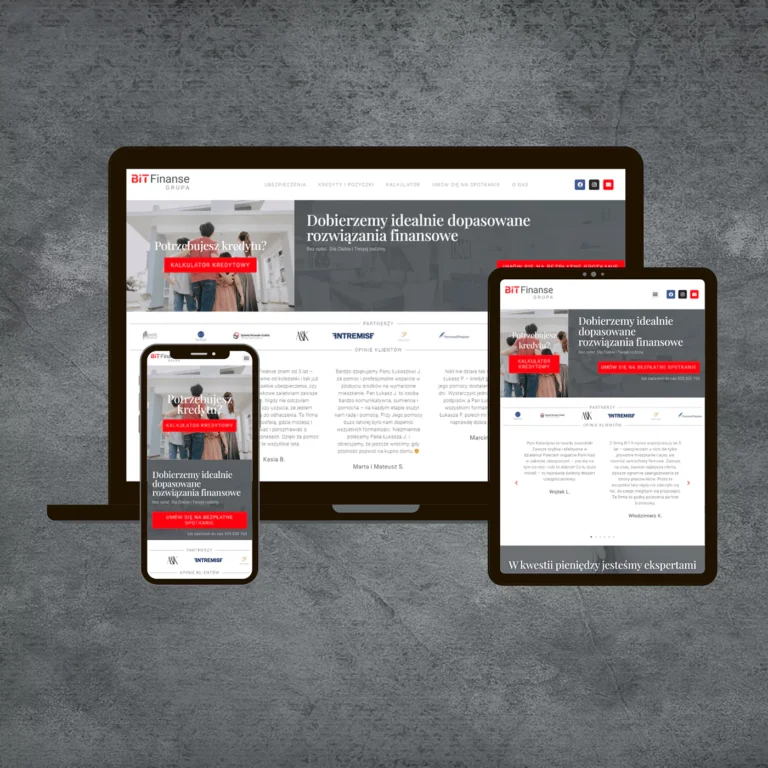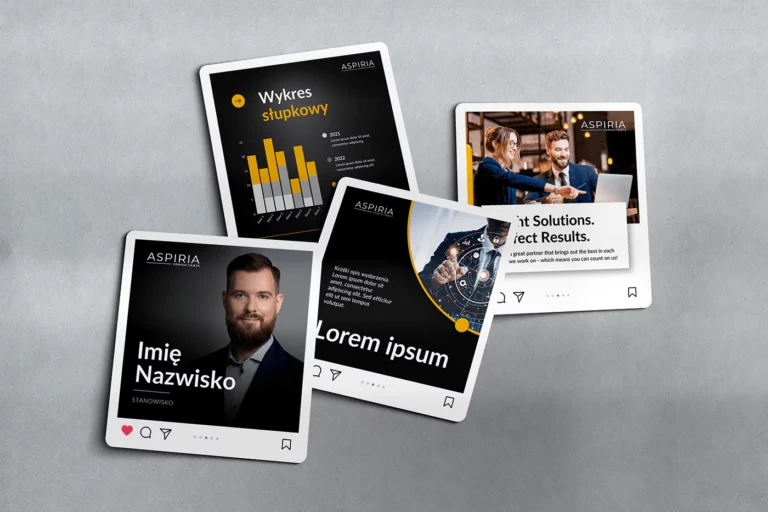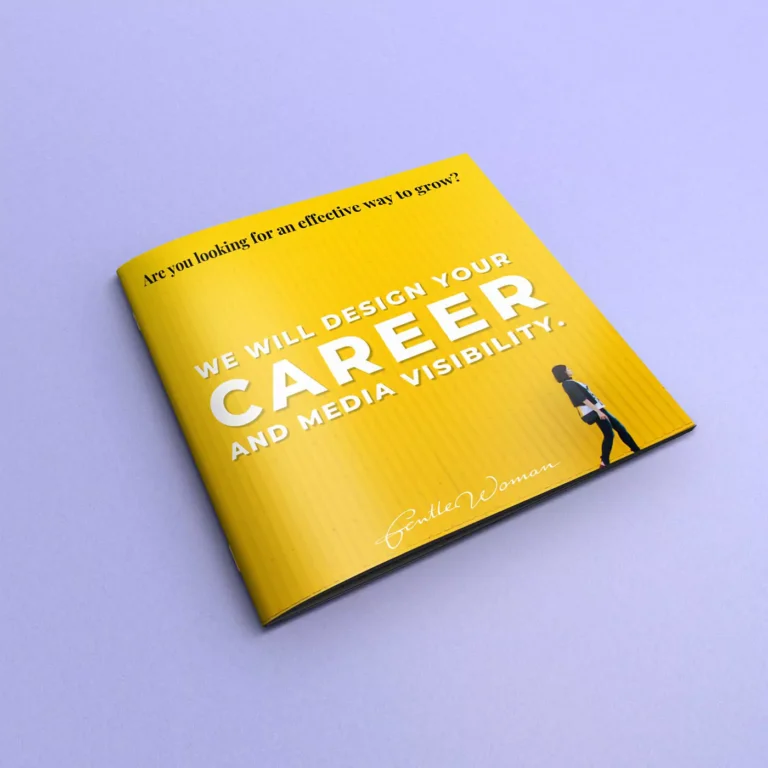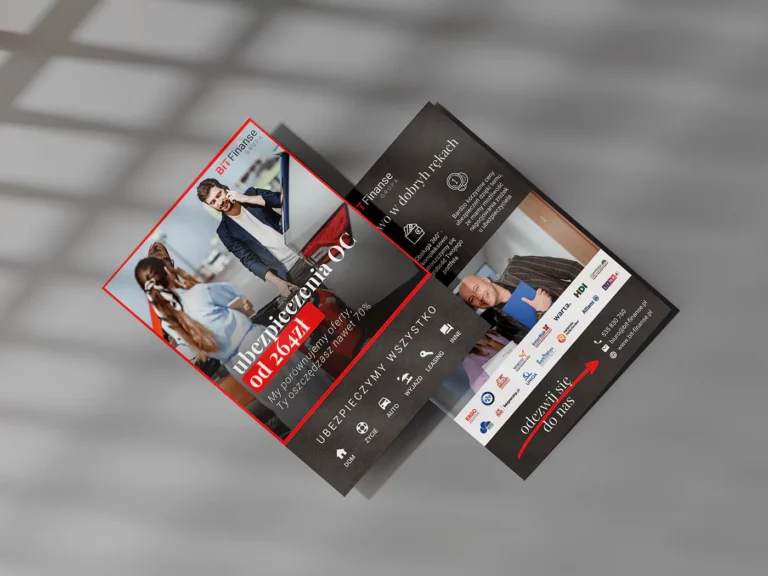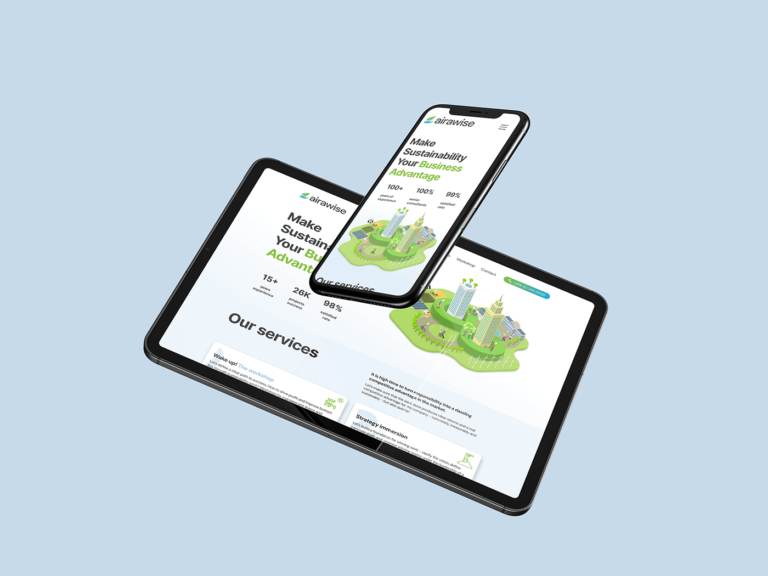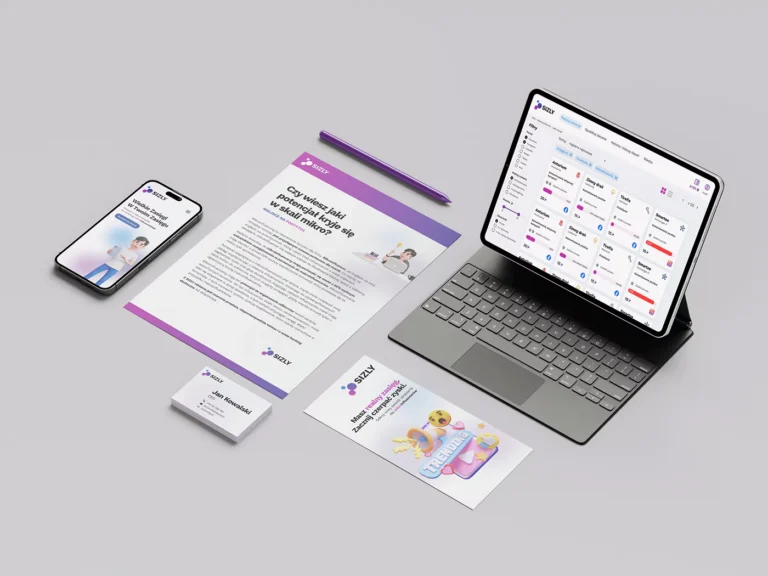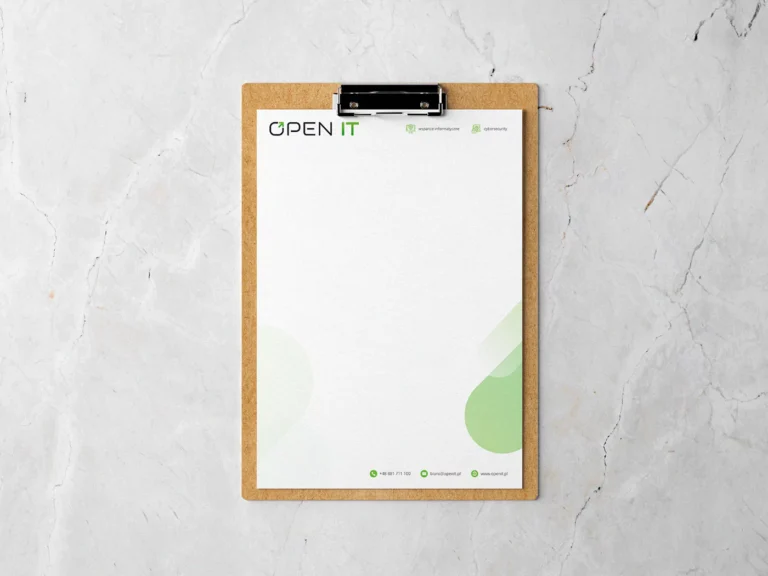Business cards are compact, portable cards containing essential contact information and branding elements of an individual or company. They serve as a powerful networking tool, facilitating the exchange of information in a professional manner.
The Importance of Business Cards
- First Impressions: A well-designed business card creates a strong first impression. It reflects professionalism and attention to detail, leaving a lasting impact on the recipient.
- Brand Identity: Business cards are an extension of a company’s brand identity. Consistent use of logos, colors, and fonts reinforces brand recognition and conveys a cohesive image.
- Convenient and Personal: Business cards provide a convenient way to share contact information. Handing someone a physical card adds a personal touch to networking interactions, making them more memorable.
- Credibility and Trust: Possessing a business card can enhance credibility and trust. It shows that you are prepared and professional, which can be crucial in establishing business relationships.
Key Elements of an Effective Business Card
- Contact Information: Include essential details such as your name, title, company name, phone number, email address, and website. Ensure the information is up-to-date and accurate.
- Logo and Branding: Incorporate the company logo and adhere to brand colors and fonts. This consistency strengthens brand identity and makes the card easily recognizable.
- Design and Layout: A clean and uncluttered design ensures readability. Use ample white space, and choose fonts and colors that align with your brand’s aesthetics.
- Quality Materials: Opt for high-quality paper and printing to convey professionalism. The tactile feel of a well-made business card can enhance the overall impression.
- Unique Elements: Consider adding unique elements like embossing, foiling, or custom shapes to make your card stand out. However, ensure these elements align with your brand’s image and industry standards.
- Back Side: Utilize the back side of the card for additional information, such as a tagline, social media handles, or a QR code that links to your website or portfolio.
Benefits of Using Business Cards
- Effective Networking: Business cards facilitate easy and efficient networking by providing a tangible reminder of the interaction. They are especially useful at events, meetings, and conferences.
- Brand Promotion: Every time you hand out a business card, you promote your brand. The card serves as a mini advertisement, spreading awareness about your business.
- Professionalism: Having a business card demonstrates professionalism and preparedness, which can be crucial in establishing trust and credibility with potential clients and partners.
- Versatility: Business cards can be used in various settings, from formal business meetings to casual encounters, making them a versatile tool for professionals in any industry.
Tips for Creating an Effective Business Card
- Keep It Simple: Avoid overcrowding the card with too much information. Focus on essential contact details and branding elements.
- Choose Readable Fonts: Select fonts that are easy to read and professional. Avoid overly decorative fonts that can be hard to decipher.
- Consistent Branding: Ensure that the card design aligns with your overall brand identity. Use consistent colors, logos, and fonts.
- Consider the Audience: Tailor the design and information to your target audience. A business card for a creative professional might look different from one for a corporate executive.
- Proofread: Double-check all information for accuracy and spelling errors. Mistakes on a business card can leave a negative impression.
Investing time and resources in creating a well-designed business card can significantly enhance your professional image and networking efforts. It serves as a lasting reminder of your brand and contact information, making it an indispensable tool in the business world.



